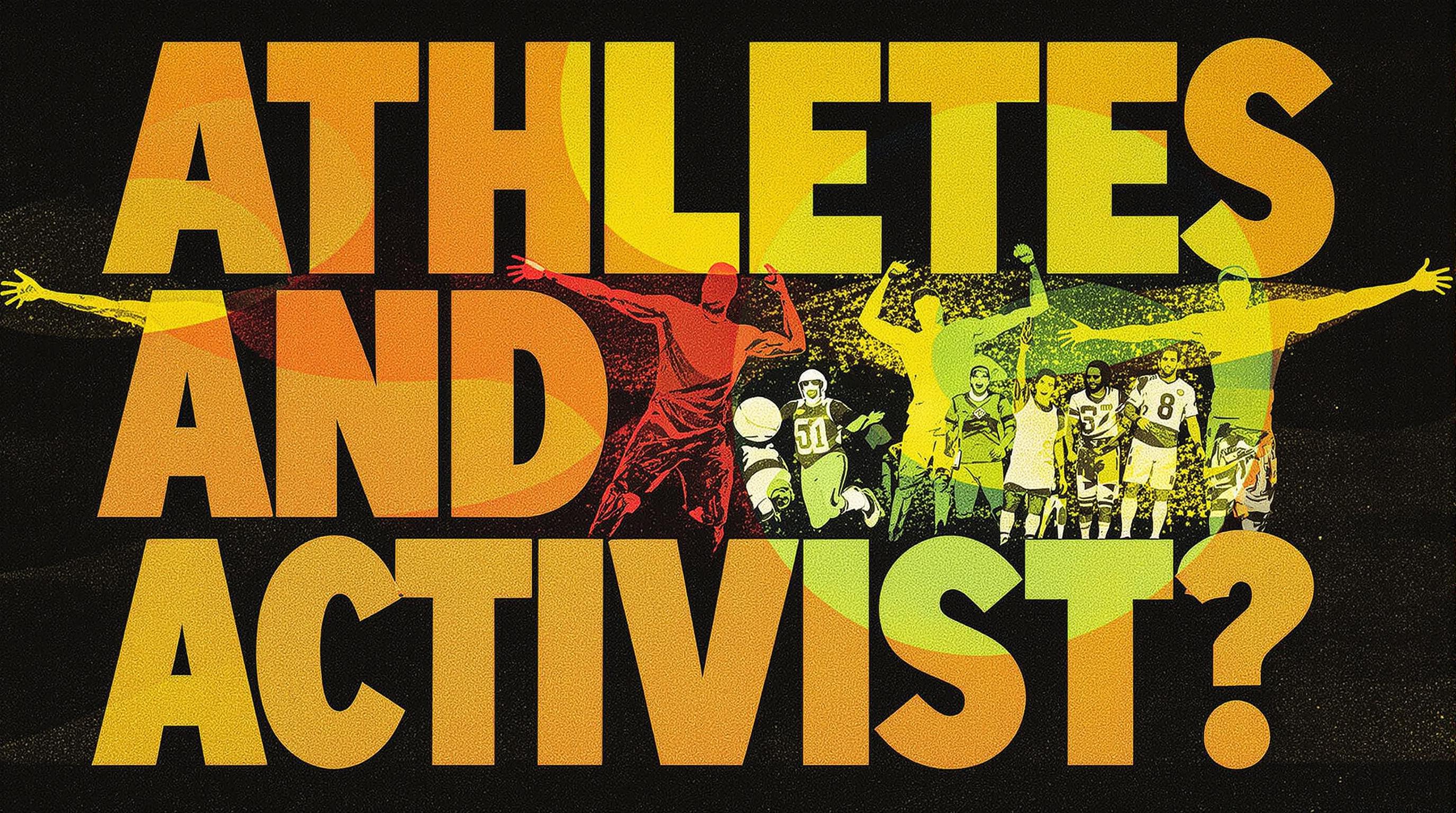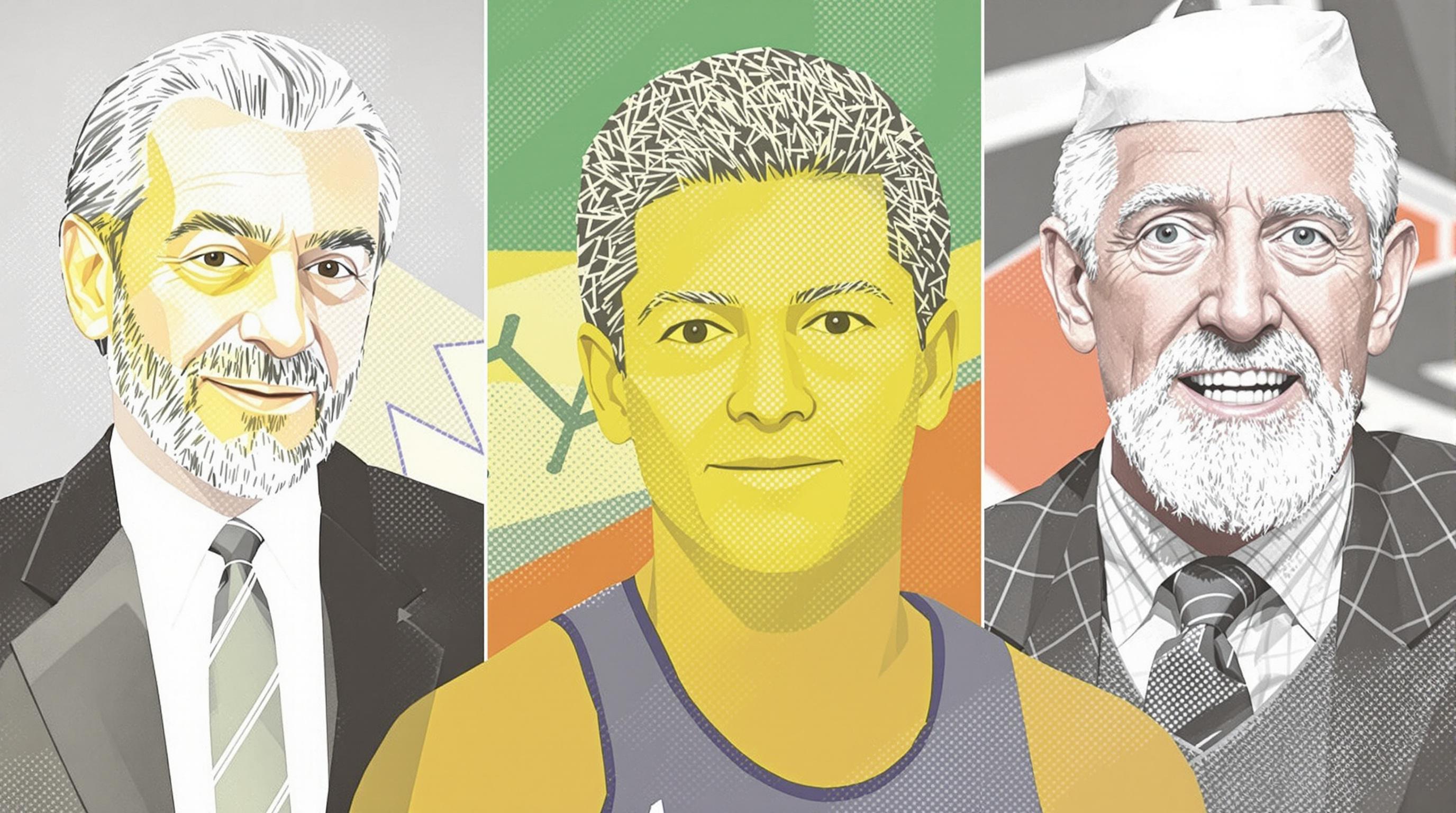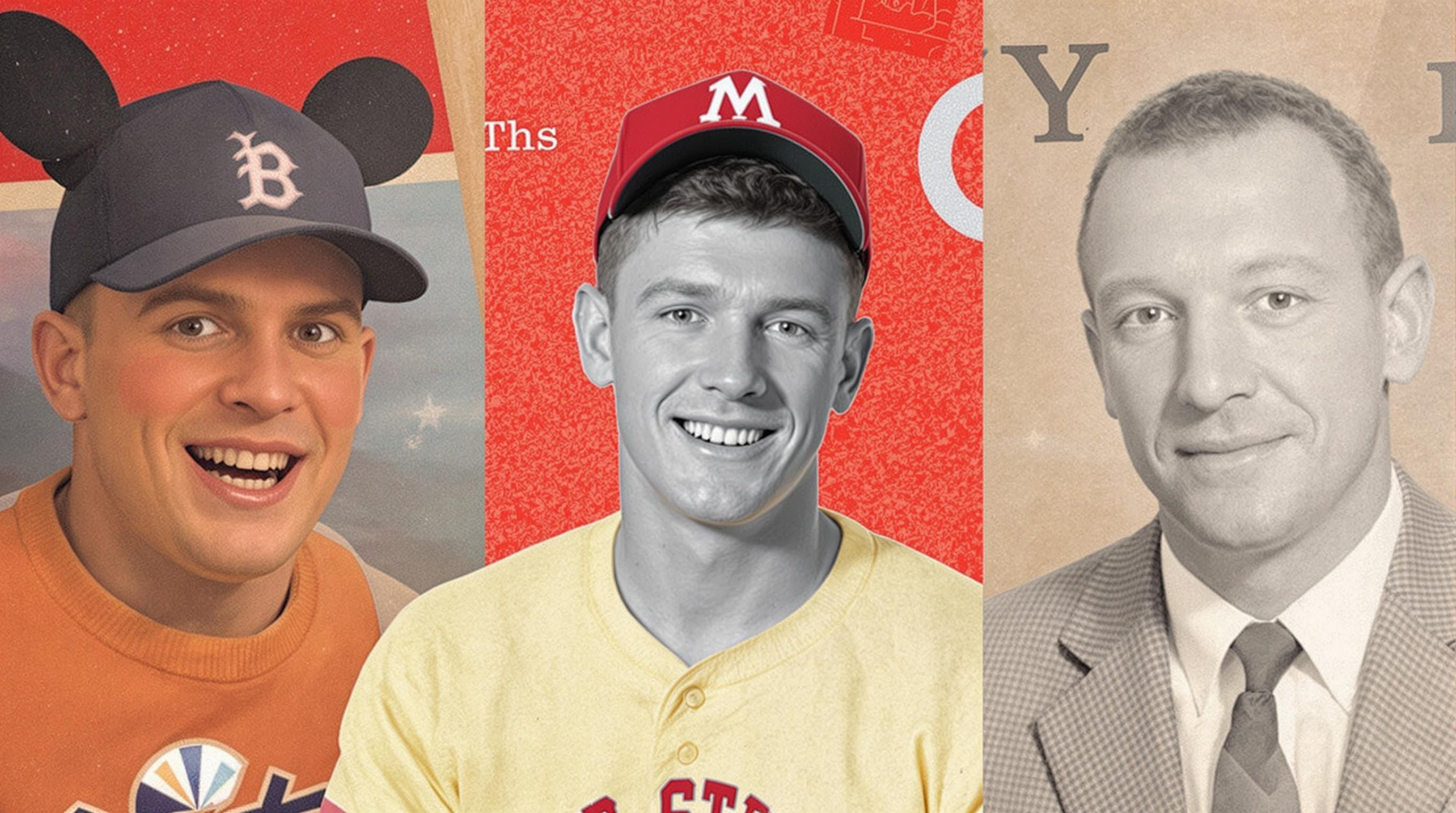Related Articles
- Cultural Collisions: How Colonialism and Conquest Transformed Games and Their Rules Across Continents
- The Eccentric Anomalies of Game Etiquette: Odd House Rules That Defied Generations
- Unveiling the Unconventional: The Role of Secret Societies in Shaping Game Regulations Across Time
- Revisiting the Cultural Phenomenon: How Iconic Championships Influenced Fashion Trends on and off the Field
- Revisiting the Aftermath: How Championship Wins Shape Community Identity and Local Economies
- The Role of Unexpected Weather Events in Shaping Championship Outcomes: A Tidal Wave of Influence
Athletes and Activism: How Sports Legends Shaped Social Movements Beyond the Arena
Athletes and Activism: How Sports Legends Shaped Social Movements Beyond the Arena
Athletes have long transcended the boundaries of their sport, becoming powerful voices for social change in various movements. From Muhammad Ali's refusal to fight in the Vietnam War to Colin Kaepernick's protests against racial injustice, the arena of sports has often served as a stage for activism that echoes far beyond the field.
The Power of the Platform
Imagine being watched by millions, every game, every play. Athletes possess a unique platform that provides them with the power to influence—and sometimes alter—public opinion on critical issues. This is not a new phenomenon; as far back as the 1960s, athletes like Jim Brown and Bill Russell dared to use their visibility to engage with the civil rights movement, demonstrating that sports could be a vehicle for progress.
Case Study: Muhammad Ali
Muhammad Ali, the brash heavyweight champion, was not only known for his dazzling footwork and knockout punches; he was also a social activist. In 1967, Ali infamously refused to be drafted into the Vietnam War, declaring, "I ain't got no quarrel with them Viet Cong. No Vietnamese ever called me nigger." His stance cost him not only his boxing titles but also millions in potential earnings. However, his resilience and courage ultimately made him a symbol of resistance, inspiring generations to speak out against injustice.
Activism in the Face of Adversity
For many athletes, engaging in activism comes at a high price. Kaepernick, a former NFL quarterback, faced significant backlash after kneeling during the national anthem to protest police brutality and racial injustice. His career took a major hit, but he garnered wide support, sparking a nationwide conversation about racism and police violence. According to a 2020 Gallup poll, 57% of Americans supported Kaepernick's decision to kneel, illustrating how athletes can change the narrative around social issues through their actions.
The Legacy of Jesse Owens
Back in 1936, during the Berlin Olympics, Jesse Owens stood as a powerful rebuttal to Adolf Hitler's notions of Aryan superiority. Winning four gold medals, he turned the international spotlight on issues of race in America and worldwide. Owens' triumph still resonates today, serving as a poignant reminder that sports can challenge and dismantle societal prejudices.
Influence Beyond Borders
Athletes do not only affect change domestically; their actions can have a global impact. The "Sport for Peace" initiative and similar programs use sports as a means to promote peace in conflict-ridden areas, echoing the actions of athletes like Didier Drogba, who played a vital role in the reconciliation process in Côte d'Ivoire during its civil war. By leveraging their fame, athletes contribute to dialogues about unity and forgiveness.
Modern-Day Legends Taking a Stand
More recent athletes such as LeBron James have integrated activism into their careers as an essential component. LeBron's commitment to education, equality, and social reform sees him regularly using his platform to promote change. With the founding of the "I PROMISE School," he demonstrates how athletes can bridge the gap between sports and substantial societal improvement, ultimately shaping the future for underprivileged communities.
The Ripple Effect of Activism
And here’s a funny thing—athletes, in their quest to promote social change, often end up somewhat unfashionable. While some are criticized for being too political or "off-brand," many savvy fans appreciate this fusion of sport and advocacy. Considering that 86% of millennials follow social issues, supporters tend to resonate with athletes who take stands on pressing issues. Therefore, rather than tarnishing their brands, athletes could actually be strengthening their connections with a socially conscious audience.
The New Generation of Athlete Activists
The current generation of young athletes, including the likes of Naomi Osaka and Megan Rapinoe, are unafraid to speak out on issues such as mental health and gender equality. Osaka, in particular, has been vocal about the mental strain of competition, effectively reshaping the narrative around mental health in sports. Her choice to withdraw from the 2021 French Open shocks the world but ultimately pushes for a more profound understanding of well-being and vulnerability among athletes.
Social Media: The New Arena
Interestingly enough, social media has become a pivotal platform for activism. Athletes today, armed with Twitter, Instagram, and TikTok, can instantly mobilize support or shine a light on issues in real time. This shift democratizes the conversation, allowing fans and influencers alike to join in the dialogue and advocate for justice. Consider how easily a hashtag like #BlackLivesMatter spread, igniting protests and discussions globally, fueled largely by notable figures and platforms in the sports world.
The Broader Impact: Statistics Speak Volumes
Surprisingly, statistics reveal that communities look to athletes as role models, with 52% of young people stating that they are influenced by the actions of sports figures regarding social and political issues. This potential creates a responsibility for current and future athletes to consider how their influence can contribute to societal conversations. Every tweet, every statement, makes a difference—and as history shows, athletes can become powerful catalysts for change.
Challenges Faced by Activist Athletes
Despite their potential, athletes who engage in activism face challenges like backlash from fans, sponsors, and teams. Unfortunate examples include NBA player Dwyane Wade, who received vitriol from his followers for supporting LGBTQIA+ rights, even in the face of adversity. Nevertheless, Wade’s stance has inspired many to embrace diversity and inclusion, solidifying the idea that standing up for what is right is more compelling than stifled silence.
A Call to Action
The reality is that as much as sports can unify us, they can also polarize. This duality mirrors society, wherein conversations can lead to greater understanding or further division. Thus, we—whether as fans, industry leaders, or fellow athletes—must support those who leverage their platforms for positivity and reform. Advocating for change is not just an athlete's journey; it is a collective responsibility that we all share.
The Future of Athlete Activism
As we embrace the digital age, the future of athlete activism appears promising yet complex. With emerging platforms for expression, athletes may reshape public discourse in unprecedented ways. Encouragingly, young athletes today are entering the game with a renewed sense of social responsibility, eager to address issues that matter most to them and their communities.
In Conclusion: Beyond Victory
Ultimately, the stories of athletes who step beyond the arena show us that their influence can transcend the game itself. Muhammad Ali, Colin Kaepernick, Naomi Osaka—their journeys illustrate how athletes can wield significant influence that inspires change and stirs the conscience of society. Their legacies pave the way for the athletes of tomorrow, promising a future where activism and athletics go hand in hand, each reinforcing the other in the pursuit of a better world.



